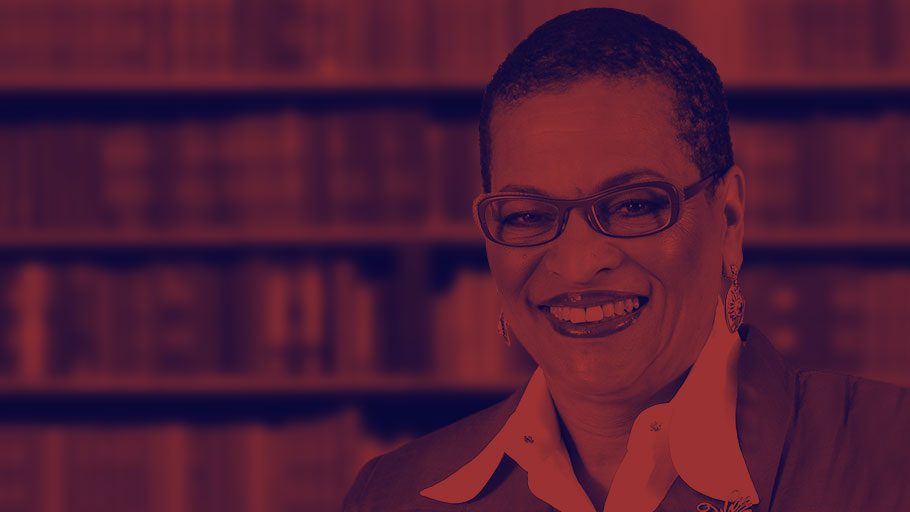Some words seem rarely mentioned in this highly toxic political season. We’ve heard about bombs and walls, but very little about peace. One is almost tempted, when some of the candidates are speaking, to burst into song – give peace a chance. In this Women’s History Month, it makes sense to reflect on women and the peace movement, and especially on the African American women who have been peace activists and have played a significant role in this movement.
The Women’s International League of Peace and Freedom (WILPF) was founded in 1915 in the midst of World War I. Its first chair, Hull House’s Jane Addams, cared deeply about world disarmament. Early on, though, there were criticisms of WILPF and the peace movement because African American were too often invisible. In a book poignantly title, No Peace Without Freedom, Race and WILPF, Joyce Blackwell writes about tensions within the path breaking peace organization. In a similar book, A Band of Noble Women: Racial Politics in the Women’s Peace Movement, Melinda Plastas writes that African American women combined the effects of race, gender and war, and “demanded a place for Black women in the international peace movement.
Mary Church Terrell was involved in WILPF almost from its outset, serving on its board for a time. The DC doyenne, who was one of the first African American women to earn a college degree, was involved in the civil rights and social justice movements. A teacher by profession, she was one of the first women to serve on the DC Board of Education. She played founding roles in many justice organizations, including the NAACP, the International College of Women, the National Association of Colored Women (NACW), and Delta Sigma Theta Sorority, Inc. Some of her dealings with WILPF were not smooth – she was not re-elected to serve a second term on the Board of the organization, to the chagrin of many of the white women who felt that black women’s voices needed to be heard on peace matters.
Terrell as not the only woman who worked with WILPF during its early days. Addie Hunton came to activism, early, working as an organizer for NACW in the early twentieth century. She worked with servicemen in France during the war. Those war experiences perhaps influenced her to work as a peace activist during the 1920s. In 1926, she wrote a report condemning US occupation of Haiti. Bertha McNeill was another of the African American women involved in WILPF. She led the Washington, DC chapter, and also served as a vice president of the organization for two terms.
These women – as do some of our non-African American sisters like Media Benjamin and Arandhati Roy – come to mind in the middle of this raucous political season. Sane, calm voices are missing in these presidential debates. We are also missing a future focus that takes the futility of increasing militarism into consideration. With the immigration crisis sparked by conflict in Syria, the violence maintained by ISIS, unrest in the Middle East, and tension with Russia, not to mention the number of US troops still in Afghanistan and Iraq, wouldn’t it be appropriate for us to hear about alternatives to militarism.
That brings me to California Congresswomen Barbara Lee, the only person who had the courage to oppose President George Bush’s push for military action after September 11, 2001. She appropriately asked whether our country was rushing into war. Subsequent events suggest that we did rush – “weapons of mass destruction” were never found. Many of us are quite familiar with Barbara Lee’s peace activism, but far fewer of us know much about Mary Church Terrell and Addie Hunton. While African American peace activists were few in the WILPF early days, their contributions were significant and, more importantly, they paved the way for activists like Barbara Lee to advocate a peace agenda and a peace budget.
Those who profit from the military industrial complex seem so welded to the notion of war that they won’t give peace a chance. And they’ll take war however they can – at home, as police departments are increasingly militarized (do we really need tanks in city streets), or abroad, where it is easy to create an enemy. Black women’s history of peace activism should be lifted up this month, especially the work of Mary Church Terrell and Barbara Lee.















